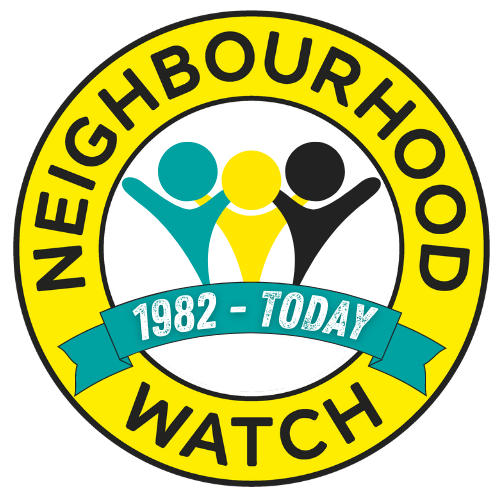If you think you may have been scammed online or for more information you can visit these website links.
Take Five
Take Five is a national campaign offering straight-forward, impartial advice that helps prevent email, phone-based and online fraud.
Friends Against Scams
Friends Against Scams is a National Trading Standards Scams Team initiative, which aims to protect and prevent people from becoming victims of scams by empowering people to take a stand against scams.
Learn how to protect yourself and your loved ones from scams by completing the Friends Against Scams awareness session and help to raise awareness throughout your community.
Action Fraud
Action Fraud is the UK’s national reporting centre for fraud and cybercrime where you should report fraud if you have been scammed, defrauded or experienced cyber crime in England, Wales and Northern Ireland.
You can report suspicious emails, letters or telephone calls to the police through Action Fraud.
Cambridgeshire Police
The online fraud and cyber crime pages on the Cambridgeshire Police website:
Cambridgeshire Constabulary Information on online fraud
Cyber Security Advice
Cyber Security Advice from the The National Cyber Security Centre’s advice to protect you and your family, and the technology you rely on.
Government Advice and Reporting of Online Fraud
1. Report internet scams and phishing
Report misleading websites, emails, phone numbers, phone calls or text messages you think may be suspicious.
Do not give out private information (such as bank details or passwords), reply to text messages, download attachments or click on any links in emails if you’re not sure they’re genuine.
Suspicious emails
Forward the email to
The National Cyber Security Centre (NCSC) will investigate it.
Text messages
Forward the text message to 7726 – it’s free.
This will report the message to your mobile phone provider.
Adverts
Report scam or misleading adverts to the Advertising Standards Authority. You can report adverts found online, including in search engines, websites or on social media.
You can also report scam or misleading adverts to Google if you found them in Google search results, or report to Bing if you found them in Bing search results.
If you think you’ve been a victim of an online scam or fraud
Contact Action Fraud if you think you’ve lost money or been hacked because of an online scam or fraud and you’re in England or Wales. You can:
- report online – either sign up for an account or continue as a ‘guest’
- call 0300 123 2040
If you’re in Scotland and you’ve lost money because of an online scam or fraud, report the crime to Police Scotland.
Avoid misleading government websites, emails and phone numbers
Some websites, emails or phone numbers look like they’re part of an official government service when they’re not, or claim to help more than they actually do. Some make you pay for things that would be free or cheaper if you use the official government service.
Search on GOV.UK to find official government services and phone numbers, for example if you want to apply to the DVLA for a driving licence.
2. Report scam HMRC emails, texts, phone calls and letters
You can report suspicious emails, texts, phone calls and letters to HM Revenue and Customs (HMRC). How you do this depends on what you received.
If you got:
- a text message, forward it to 60599 – you’ll be charged at your network rate
- an email, forward it to
This email address is being protected from spambots. You need JavaScript enabled to view it. - a message in an application, for example WhatsApp, take a screenshot and email it to
This email address is being protected from spambots. You need JavaScript enabled to view it. - a phone call asking for personal information or threatening a lawsuit, report the call online
- a letter, contact the HMRC team the letter says it’s from, for example the Self Assessment team
Your email address and phone number will be shared with other organisations if that’s necessary to close down the scam.
If you’ve given your personal details to someone
Contact the HMRC security team if you think you’ve given any personal information in reply to a suspicious email or text.
Include brief details of what you disclosed (for example name, address, HMRC User ID, password) but do not give your personal details in the email.
HMRC security team
Spotting HMRC scams
You’ll never get an email, text message, message in an application (for example WhatsApp) or a phone call from HMRC which:
- tells you about a tax rebate or penalty
- asks for your personal or payment information
Check HMRC’s guidance on recognising scams if you’re not sure.
3. Report visa and immigration scams
You’ll never be asked to pay for a visa using:
- cash
- money transfer
Contact Action Fraud to report visa and immigration scams. You should include:
- a copy of the suspicious email you received, the sender’s email address and the date and time it was received
- details of what you sent in a reply, if you replied – for example whether you sent your bank details, address or password
